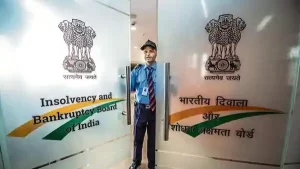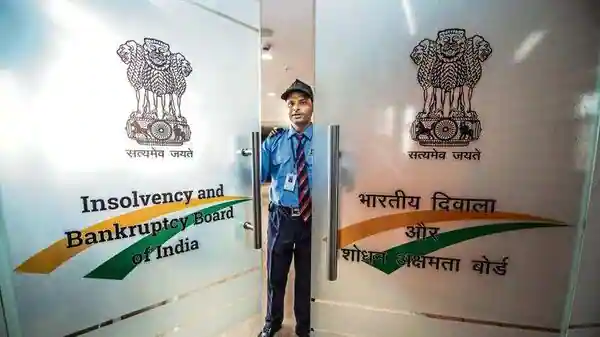Scheme to resolve MSME bankruptcies finds few takers
The scheme for bankruptcy resolution of small businesses launched with effect last April has received a lukewarm response so far, suggesting the need for further tweaks. Data from bankruptcy rule-maker, the Insolvency and Bankruptcy Board of India (IBBI), showed that only two firms were admitted in FY22 under the scheme called ‘pre-pack.’
Pre-pack offers small businesses the flexibility to do a large part of the bankruptcy resolution-related work out of court. Shareholders and creditors could agree on a restructuring plan and approach the National Company Law Tribunal for its approval. The biggest advantage of the scheme is that admission of the case does not suspend existing management, unlike in general bankruptcy proceedings. Under the scheme, bankruptcy could be triggered after a payment default of ₹10 lakh, unlike with larger companies in which case, where the trigger is default of ₹1 crore or more.
A government official said low adoption of the scheme could be attributed to the liquidity boosting measures taken by the government and the alternative corporate restructuring scheme offered by the RBI. However, it may be too early to think about a revamp, said the official, who asked not to be named.
Experts believe that a scheme rolled out by the Reserve Bank of India (RBI) in June 2019 is a well-received alternative to restructuring businesses under the IBC process. “MSMEs and their creditors tend to prefer alternative schemes to the pre-pack scheme which are simpler and economical than the complex pre-pack process under the Insolvency and Bankruptcy Code (IBC),” said Anoop Rawat, partner (insolvency and bankruptcy) at law firm Shardul Amarchand Mangaldas & Co.
However, there is a case for extending the pre-pack scheme to larger businesses as it suits the requirements of complex and large cases needing quick bankruptcy resolution, explained Rawat. “Pre-pack scheme, if implemented for larger businesses, can prevent asset erosion too. Stressed businesses in sectors where the value of the entity is contributed in a big way by its intangible assets–say the subscriber base of a telecom business or the routes allocated to an airline — will be clear winners since the insolvency process will start with a plan in hand,” said Rawat. An email sent to the corporate affairs ministry spokesperson and to IBBI on Tuesday seeking comments for the story remained unanswered till press time.




